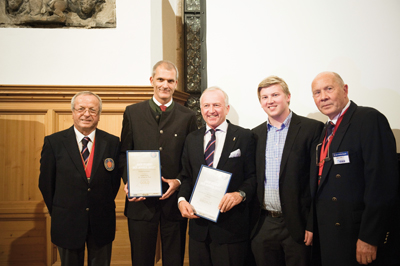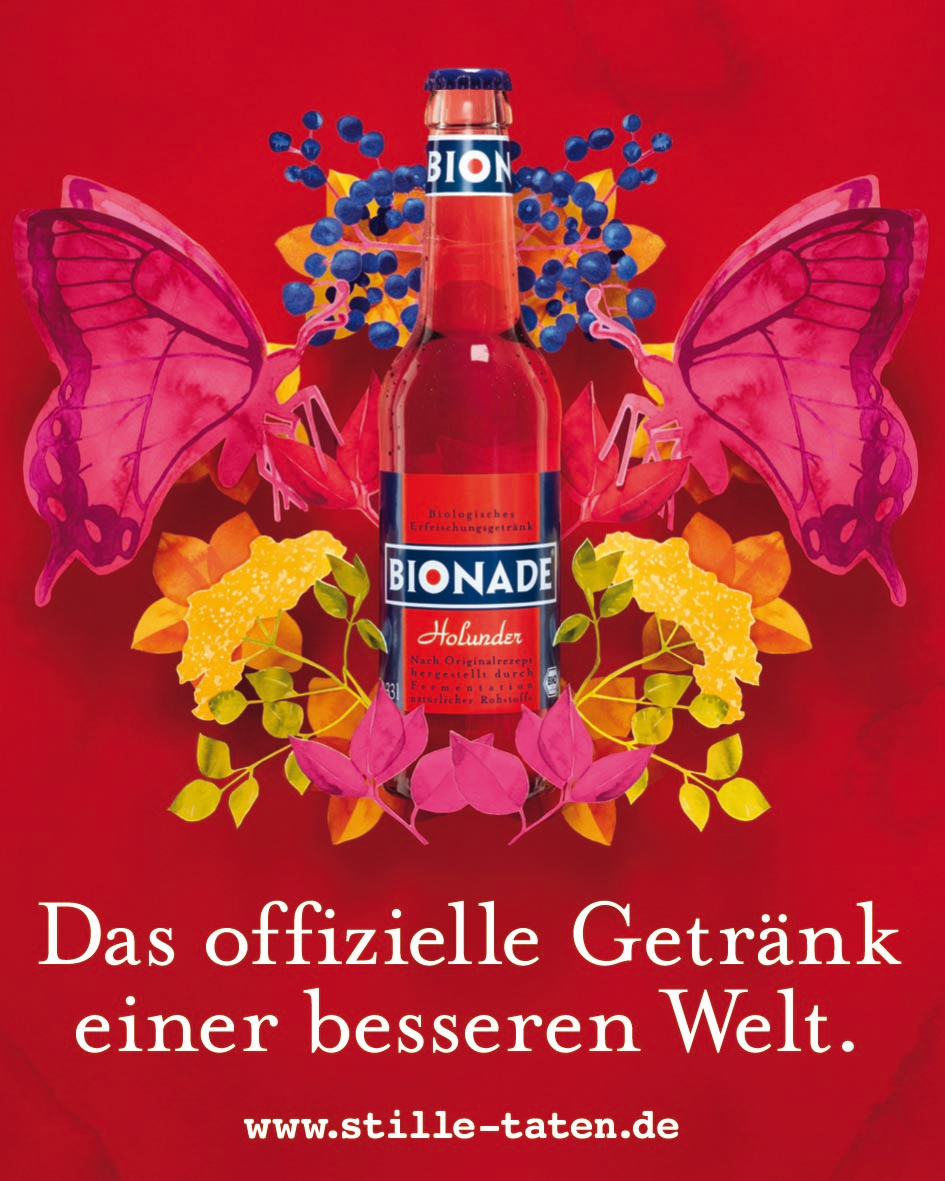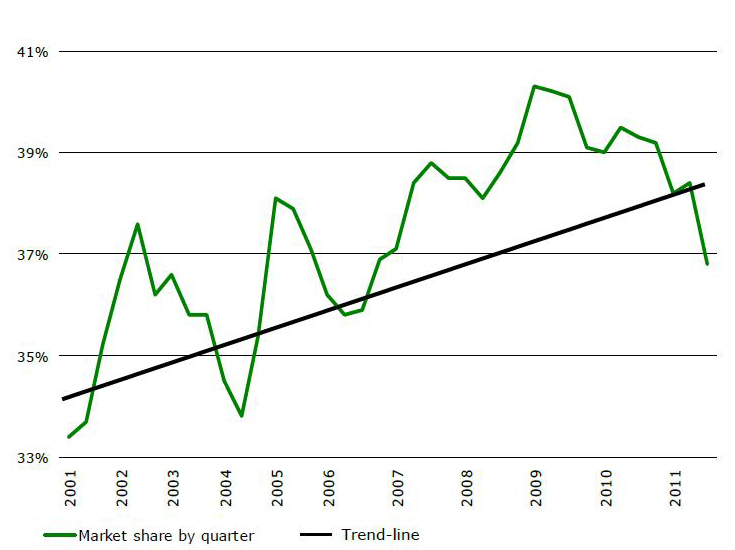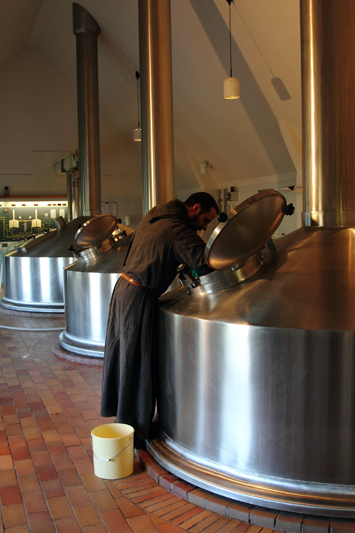This August, Hans Carl Publisher celebrated 150 years of its BRAUWELT publication. While the anniversary issues have already been out, the party was only held in Nuremberg on 8 November 2011 on the eve of Brau Beviale to give advertisers and readers, authors, partners, as well as staff members and members of the owners’ families a chance to attend.
So where does Europe’s "Wild East" really begin? Apparently as far west as the UK. On
Where does Europe’s "Wild East" begin? East of Poland? Or perhaps further to the west, in Germany itself? In early November 2011, German customs officers raided a distillery in the eastern German state of Thuringia, which they suspected had handled and re-sold moonshine from eastern Europe thus defrauding the taxman of EUR 1 million (USD 1.3 million) in excise.
Ho ho, could it be that German hacks have already had too much advent punch? At the end of November 2011 they spread the rumour that Bionade’s former owner Peter Kowalsky was in talks about setting up a cooperative to buy back Oetker’s 70 percent stake in his company.
That’s a tipsy rumour if ever there was one. On 22 November 2011 the German edition of the Financial Times reported of a big board-room brawl at Germany’s privately-owned Mast-Jägermeister company, which is world-famous for its Jägermeister schnapps and its corporate secretiveness. Sluggish growth of its Jägermeister brand in recent years seems to have given board members a bit of a headache. While some board members appear unperturbed and would like the company to continue as a single-brand business, other more powerful members favour a bit of M&A activity to get the company out of the doldrums.
Russia: down. Western Europe: down. How much worse can it get? On 9 November 2011 Danish brewer Carlsberg reported an almost flat net profit for the third quarter 2011 amid declining sales in most of Europe and Russia. "2011 has been a challenging year and we have faced headwinds from rising input costs, adverse weather conditions and soft trading conditions in our largest market," chief executive Jørgen Buhl Rasmussen said.
AB-InBev's German employees are worried. In early November 2011 workers at the Beck's brewery in Bremen were told that in 2012, about 600,000 hl of Beck's beer will be brewed at the St. Louis brewery. In 2013, another 80,000 hl, currently exported to Canada from Bremen, will be brewed at Labatt's in Canada.
The Abbey of Saint Sixtus in Westvleteren, one of the smaller brewing establishments of the Trappist monks in Belgium, is famous for its beers. It is generally not possible to buy the Westvleteren beers in shops. If they are available in specialty beer bars, it's because someone has gone to the trouble of personally picking them up at the monastery by the crate at a pre-given time.
Seems like the winner gets it all. Being the market leader in the U.S. and Brazil, AB-InBev got away with raising beer prices by 9.4 percent in Brazil and 3.7 percent in the U.S. in the first half of 2011. As a result, third-quarter profits rose by over 16 percent to USD 2.03 bn compared with last year's equivalent of USD 1.86 billion, the company reported on 9 November 2011.
So do football and beer go together or do they not? To all appearances, football bodies are in two minds about it. FIFA, the international football federation, thinks it's ok, while the German Football Federation, DFB, begs to differ.





